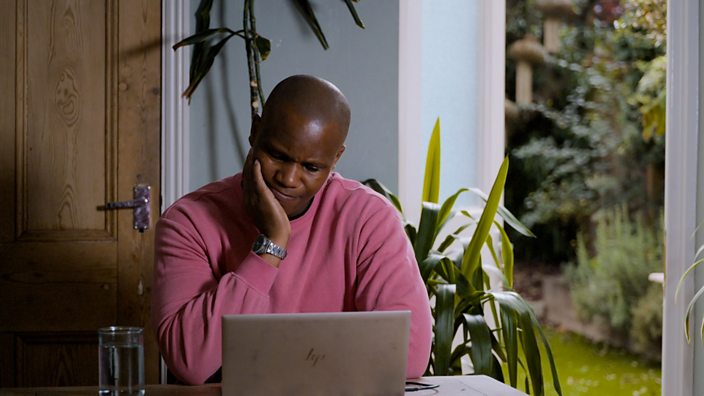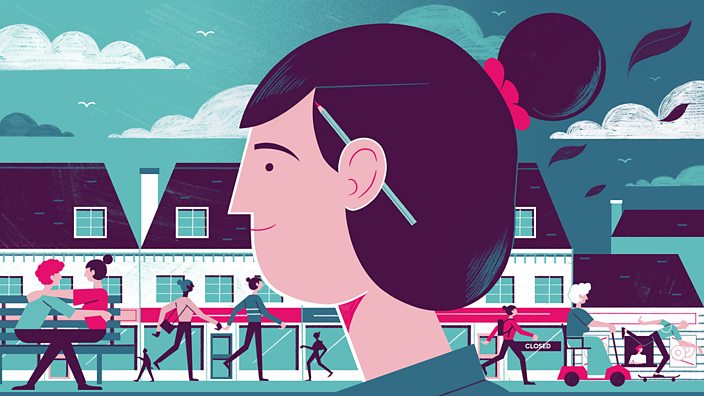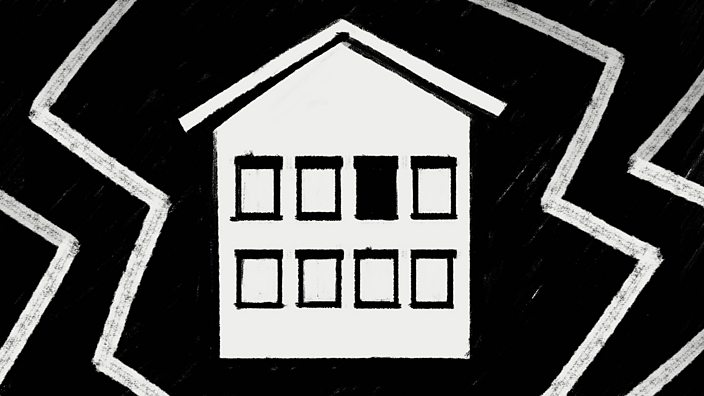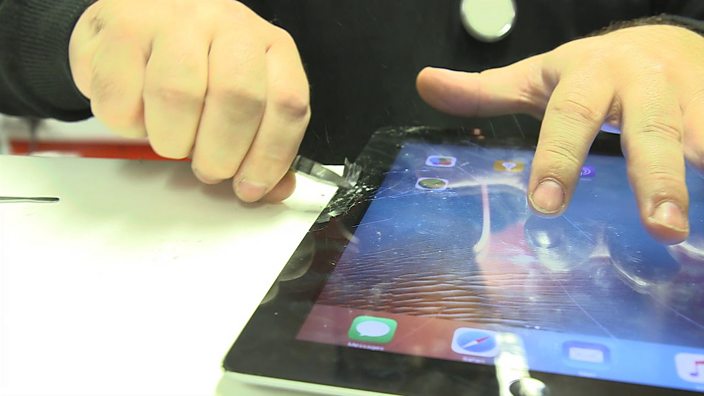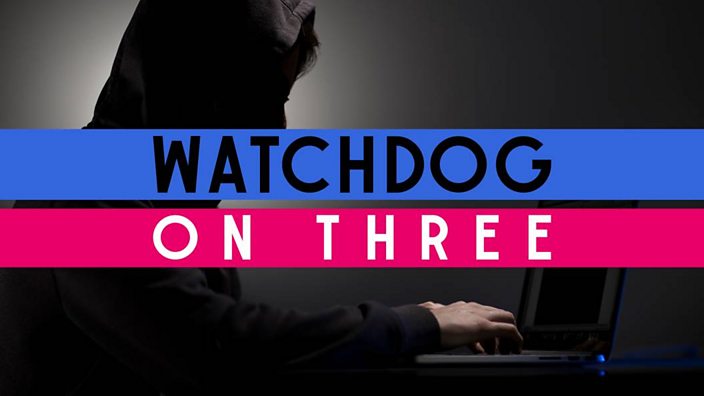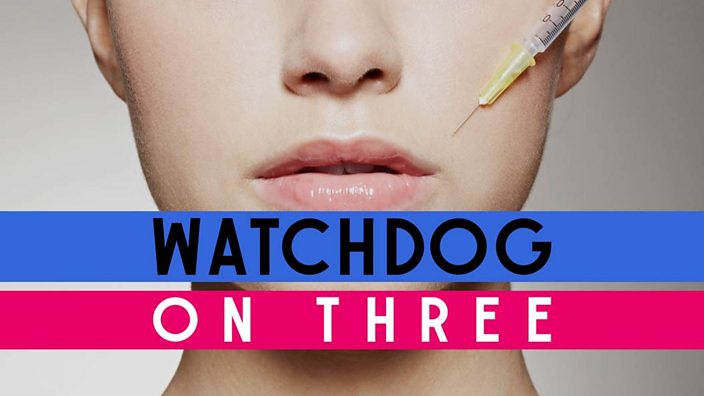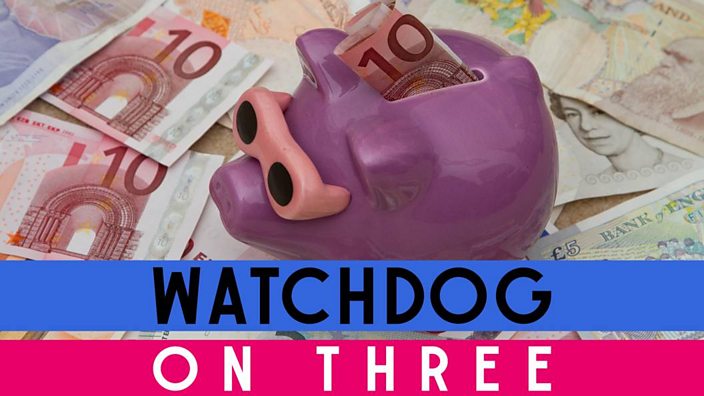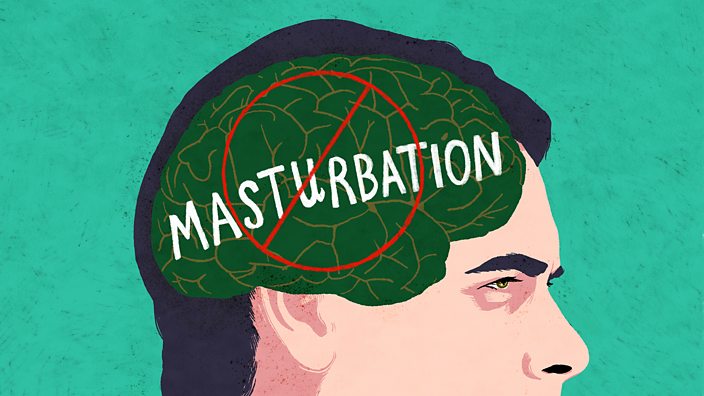 iStock
iStockWatchdog on Three: New Instagram #scam leaves accounts filled with porn
We’re pretty obsessed with social networks here in the UK. More than 80% of us use a social platform every single day. But, according to new research, we also hold the dubious honour of being the second most targeted country in the world for social media scams. Huzzah.
In a long line of scams to hit social platforms, the latest con on Instagram sees scammers take over your profile and fill it with images of adult porn, and links to porn or dating sites. When someone clicks on the link, malware is downloaded onto their computer which could give the hacker remote access to their PC, to their bank accounts and credit cards - they could even take out a loan in the person's name without them knowing about it. Absolute nightmare.
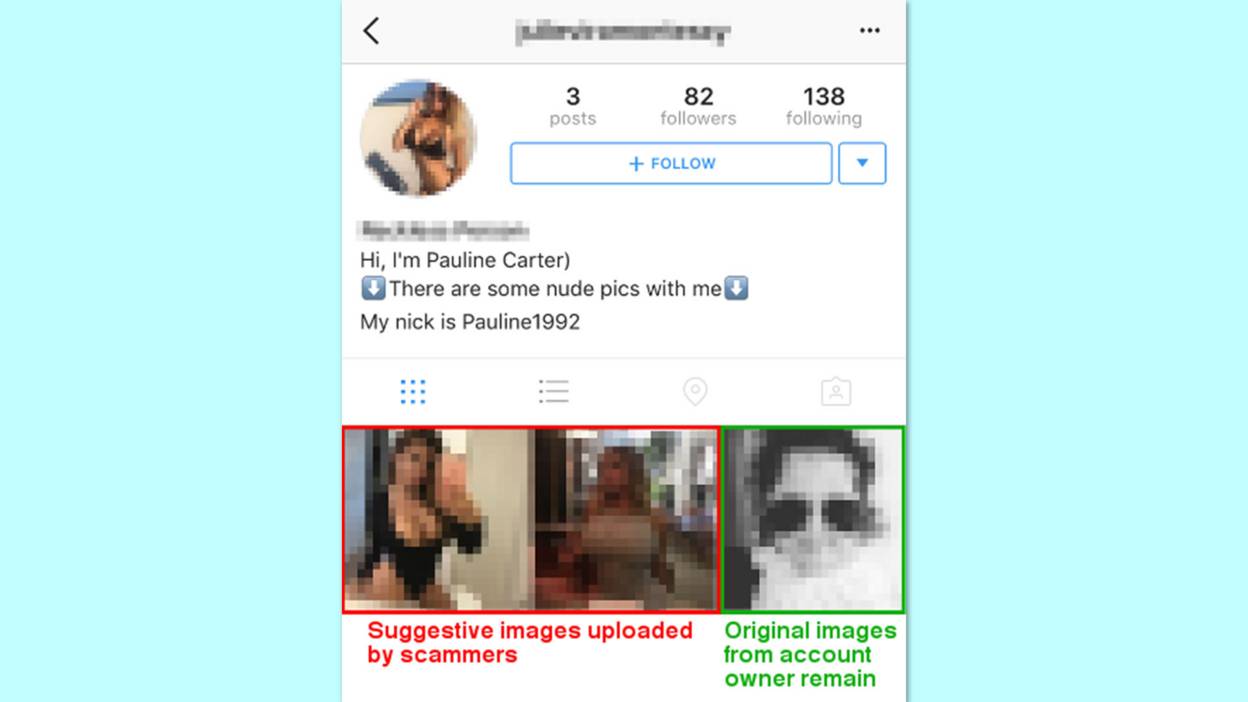 BBC
BBC
Watchdog got in touch with Nick Shaw, Vice President and General Manager EMEA of Norton, who specialise in cyber security. He tells us, "We can’t say for sure how hackers get into the people’s accounts. The most likely cause is passwords not being robust enough. Once hackers get in, they can change passwords, lock you out of your own account and things can go online… things that you probably wouldn’t want to be associated with."
The consequences of being hacked
Being hacked is like someone opening up an electronic version of your house and all the data it holds. Potentially, hackers can go out and spend your money, empty your bank account or take out loans. Financially, it can be disastrous.
But it’s not just your finances that can be affected - there is your reputation to consider. Your accounts, profiles and photos could get changed. Hackers can upload pornographic pictures which could affect your job prospects when employers search your online profile. It can also affect what other people think of you.
Even more worrying is that you might not even know you’ve been hacked. Malware can sit on your PC collecting information without you even knowing about it.
 BBC
BBC
What can I do to protect myself?
Nick tells Watchdog, "There are multiple precautions you can take, but if there’s one thing you should do to protect yourself from getting hacked, it is to use strong, unique passwords." He advises people use complex passwords with upper and lower case letters, numbers and characters that are at least 8 characters long.
But I’ve got loads of accounts – am I supposed to have a unique password for each and every one? How should I remember them all?
Technology expert David McClelland tells Watchdog, "Passwords are a problem. People can have hundreds of accounts that they need passwords for. If you have lots of passwords, consider using a password manager.
"They store your login information for all the websites you use and help you access them automatically. It encrypts your password database with a master password – and that is the only one you have to remember."
A few more tips for staying secure on social media
- Digital ‘Stranger Danger’ - When were little you were taught how to cross the road – look right, look left, look right again. And it was drummed into you – don’t talk to strangers. Well, if you receive an email from a service provider, a bank or Facebook that encourages you to click on a link, be very very sceptical. Go to the official website - that way, you know where you are and who you’re dealing with.
- Use cast-iron passwords - Change them every three months and never reuse them.
- Be shy – Limit the amount of personal info you share on social networks and online, such as your birth dates, pet names and hometown.
- Get two steps ahead – When you go on your holibobs, you lock your front door, lock your windows, turn your alarm on. You use multi-level protection, not just one. Do the same with your accounts. Switch on two-step verification access to your online accounts. This is where you have to provide two pieces of information to successfully log in. It makes you less desirable to hackers - they’re more likely to give up and move on to someone else.
An Instagram spokesperson said:“The safety and security of the Instagram community is our top priority. We encourage anyone who thinks their account has been hacked to report it to us immediately via our help centre. We have a dedicated, global team who respond to these reports twenty-four hours a day and who work quickly to return the account to the rightful owner. We also advise people to secure their account with a strong password and remove access to any third party apps.”
Have you been hacked? Or have you got a story you think we should investigate? We want to hear from you. Email us at Watchdog@bbc.co.uk
This article was first published on Wednesday 24 August 2016
